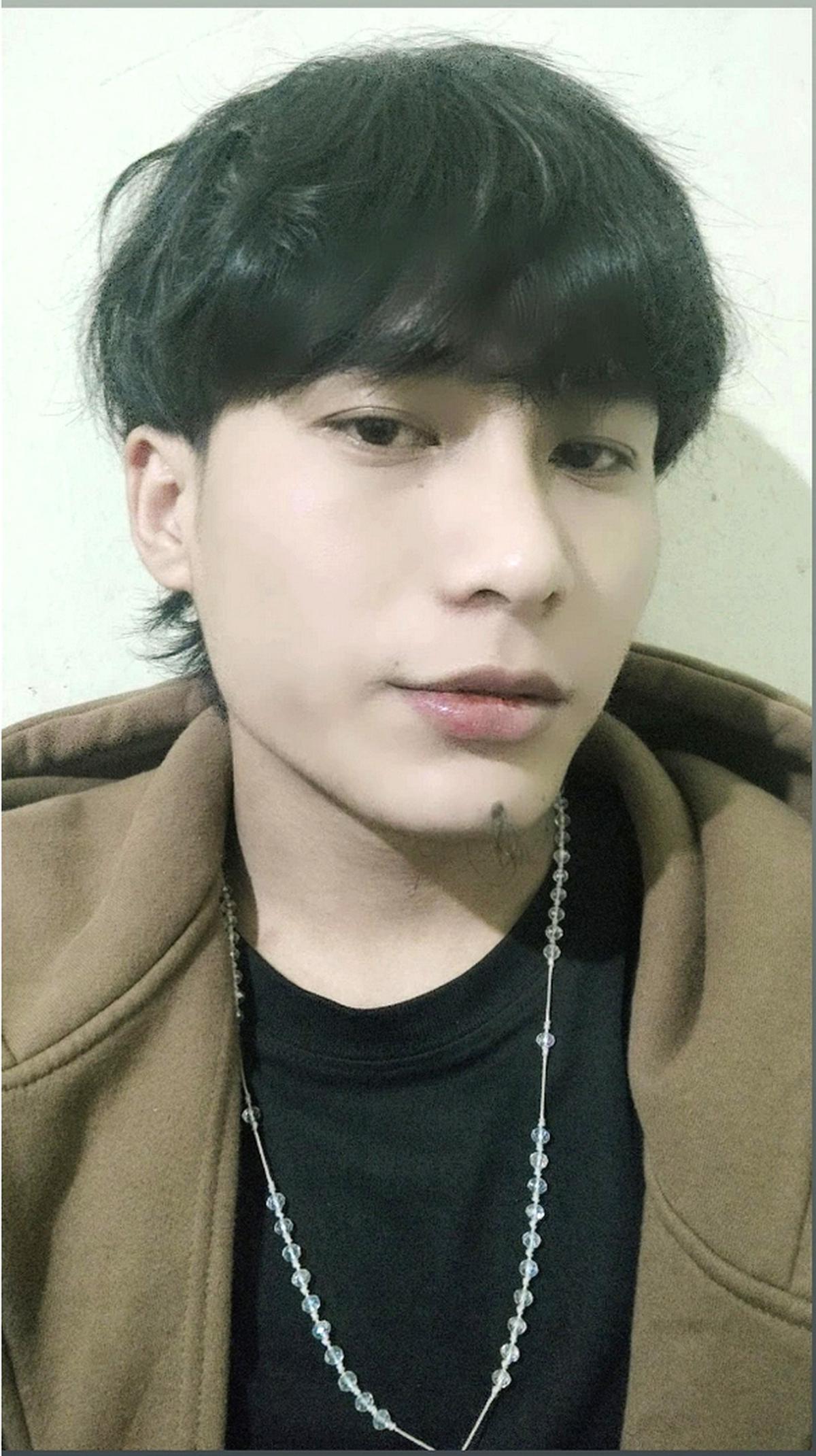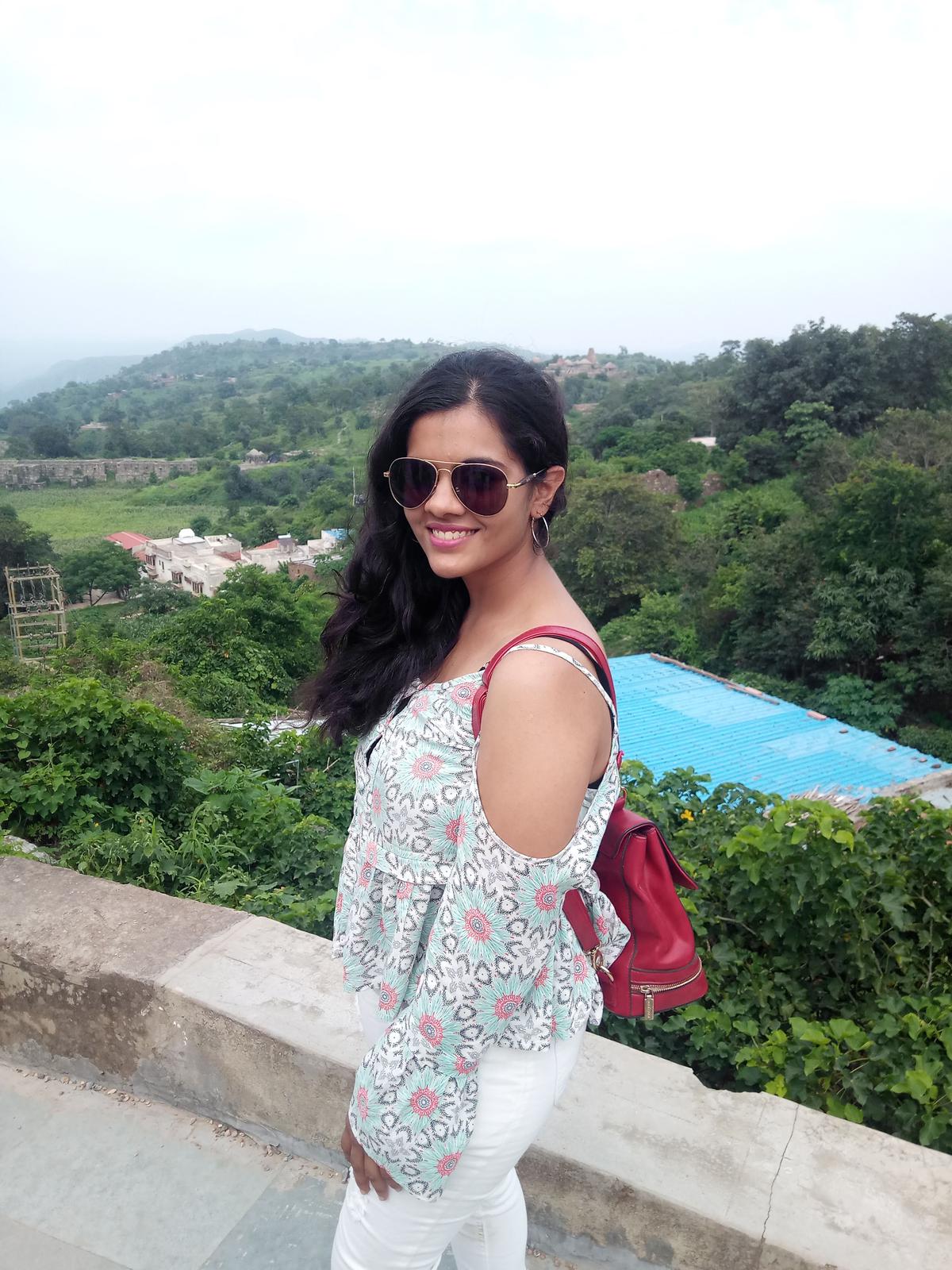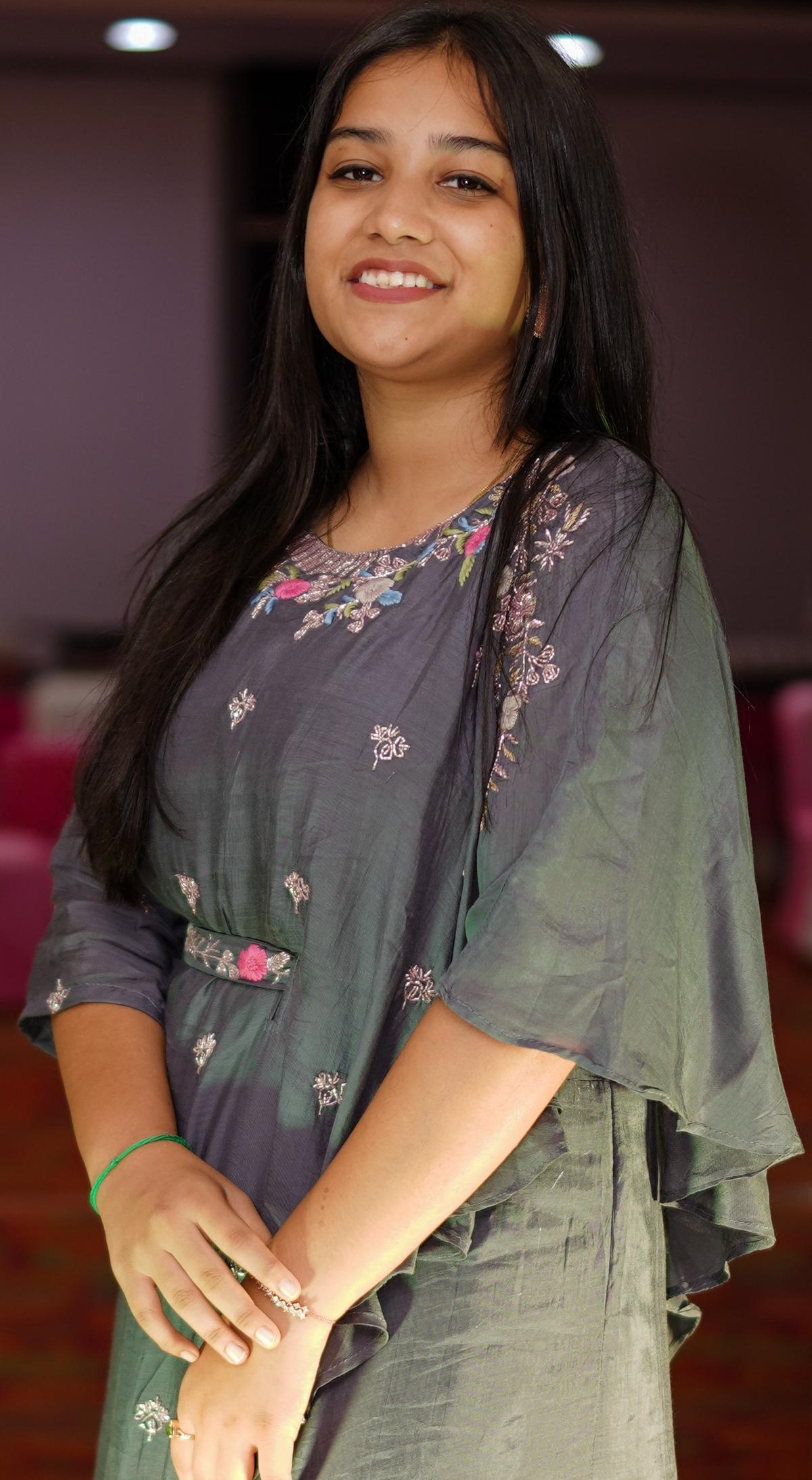[ad_1]
Manoj Sakunthalan, 24, is Tamil Nadu state medallist in Karate. He started learning karate at the age of five from his father and brother, both of whom are national medallists. From Madurai, Manoj now teaches more than 30 students in the 4 to 40 age group. He says the martial art has taught him self-confidence, discipline and instilled a competitive spirit in him. Doing it every day – even through the lockdown – keeps him fit and gives him energy, enhances his stamina and calms his mind.
| Photo Credit: ASHOK R
There’s some good news from the pandemic after all: many Indians between 20 and 25 years, who witnessed Covid-19 in young-adulthood have the health wisdom of middle-agers, in part taken from their parents, in part from different kinds of media. Those we spoke to had internalized words like immunity and vaccine, through months spent in physical isolation, watching a rising death toll, and listening to doctors who slowly turned social media influencers.
They’re also aware of the dark side of the digital age, with people surrendering eating habits to food delivery apps and mobility to technology. Here, five people answered the question: what does health really mean to you? In serious tones tinged in some measure by the abandonment of youth, they talk about difficult academic schedules and new jobs, traffic and air pollution, but hold that life is full of promise, if they could make the sage choices generations before them didn’t.
“Health is physical fitness and how my gut feels”
Agnibho Das, 21, from Mumbai, Maharashtra, came to Delhi-NCR in 2021 after the first wave of the pandemic. He is a third-year student at Shiv Nadar University in Greater Noida.
Agnibho Das, 21, SNU Delhi
| Photo Credit:
Special Arrangement
“When I stepped out of the Delhi airport the first time, and even now when I go into Delhi, I feel breathless. But my campus is clean and green,” says Mr. Das, who sets aside two-and-a-half hours every day for physical activity. “I run or cycle, go to the gym, or play a game of football or basketball because my goal is to be physically healthy.” He’s self-aware too: “When I am writing exams or loaded with project work, I tend to order junk food, but it leaves me queasy, and I’m trying to reduce it.” He admits that it’s easier at home, with parents nudging him into a healthy lifestyle. Now, he tries to be self-disciplined, but is sometimes a victim of unverified health claims. “I drink warm water with lemon and honey in the morning because I heard a dietician on television says that it works as an immunity booster,” he says.
Also read: Pandemic youth mental health toll unprecedented, data show
“I cook my own food”
Confident Manih, 23, from Mawlong Nongtluh village, Meghalaya, relocated to Shillong two years ago for a job in a dental clinic. He now works night shifts in a pharmaceutical shop.

Confident Manih from Shillong.
| Photo Credit:
SPECIAL ARRANGEMENT
Mr. Manih is aware of how lucky he is to be working in a pollution-free city, especially since he barely has time to look after himself. “Earlier when I was in my village, I would enjoy my daily rounds of brisk walking and was particular about eating my meals on time,” he says, adding that the night shifts have left him struggling a little. “My mother constantly worries about me, so I have started cooking my own food to avoid eating unhealthy food from outside. When you are living away from your family, the importance of health dawns on you. I cannot afford to fall ill.” He buys organic and goes for periodic medical check-ups. “Though I don’t exercise much now, I understand that eating right, remaining active, and taking possible preventive measures can keep me relatively free from illnesses. My health depends on how responsible I am towards my well- being, he says.
“Physical and mental happiness is key”
Anjali Vaghela, 23, from Rajkot, Gujarat, who works from home for a Bengaluru-based cyber security firm, and lives with her parents.

Anjali Vaghela, 23, Rajkot, Gujarat
| Photo Credit:
Special Arrangement
Ms. Vaghela was hit by COVID in the second phase. “It took me two months to recover and I had developed breathing issues,” she says. Spurred by this experience, she began to exercise regularly, and paid more attention to nutrition, eating sprouts, salads, nuts, home-cooked lentils. Now that she is better, she wakes up at 6 a.m. and swims for an hour, punctuating her day with yoga, to include movement, and does a 4 km walk every evening. “It’s both challenging and satisfying,” she says, adding that her focus is on losing the fat, not the weight. She pushes her parents to stay healthy too. “I read a lot of health-related stuff because health consciousness is a crucial driver of good health,” she says.
I follow what my parents say and also do what makes me happy”
Poorvi Gandhi, 21, is a final year B.Com student at the International Institute of Professional Studies in Indore. She lives with her parents.

Poorvi Gandhi, 21, IIPS, Indore, MP
| Photo Credit:
Special Arrangement
“It’s ironical that Indore is great for both street food and gyms!” says Ms. Gandhi. Her friends gym; she tends to snack on junk food after class, and doesn’t carry the load of guilt because she isn’t a gym-goer. At home, “My mother controls my diet, and I don’t fuss over what she gives me. My father motivates me to do surya namaskar daily,” she says, adding that they go for regular walks as a family, and when she finds time, she’ll follow a Zumba class on YouTube. She feels, “The goal of living is to be relatively free from sickness and being happy.”
Youth speak
In late 2019 the Centre for Catalyzing Change came up with a report titled YouthBol that took into account 1 lakh+ voices from across India, in the 10 to 24 years age group.
The survey found that adolescents and young people had “a broader understanding of health, which goes beyond illness, disease, and treatment.” They saw it as an extension of factors like education, job opportunities, environment, and socio-economic conditions.
Respondents demanded better “information and techniques on managing menstrual pain”, better information on sex, sexuality, and related issues such as contraception; better information and services around substance abuse and non-communicable diseases, including the importance of physical activity and exercise.
[ad_2]
Source link

